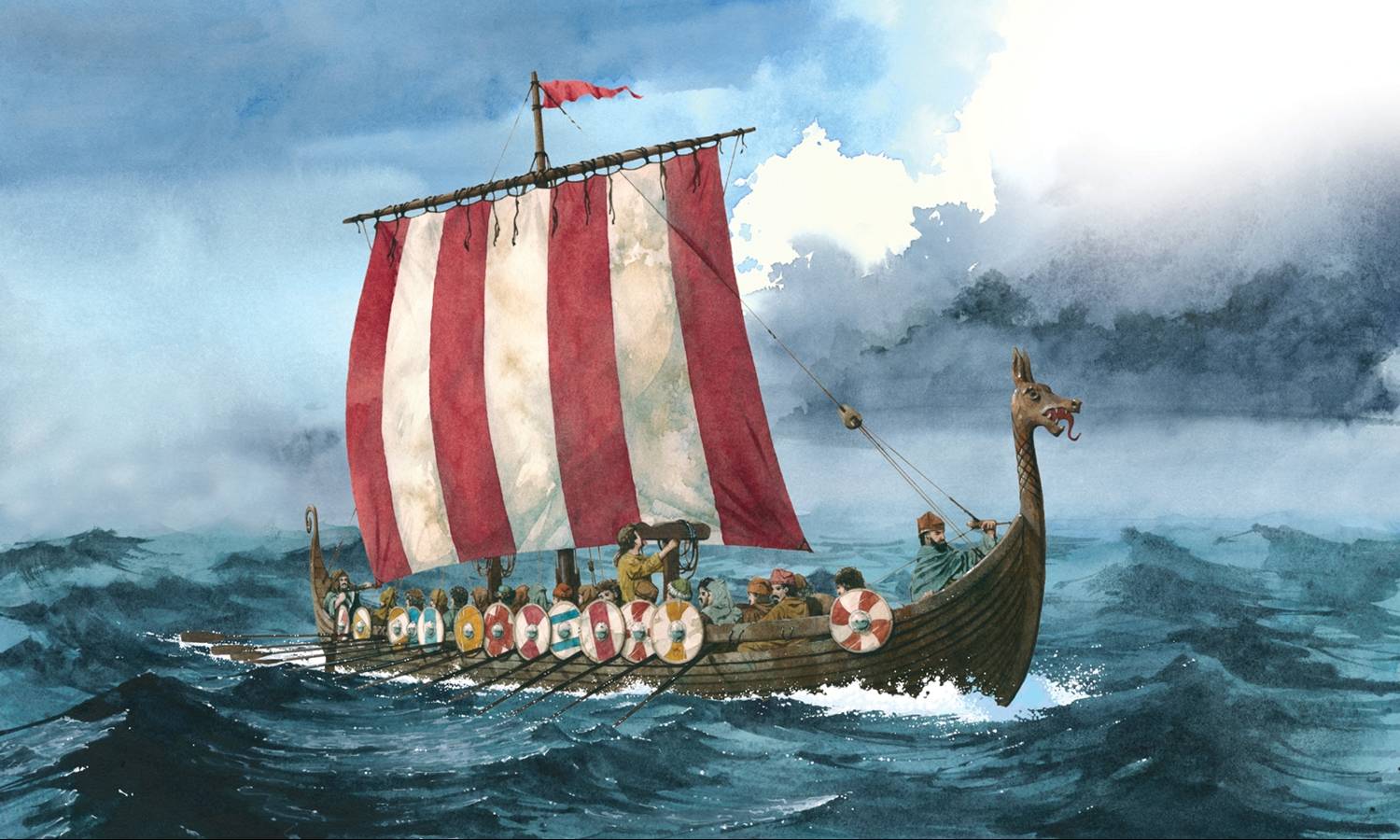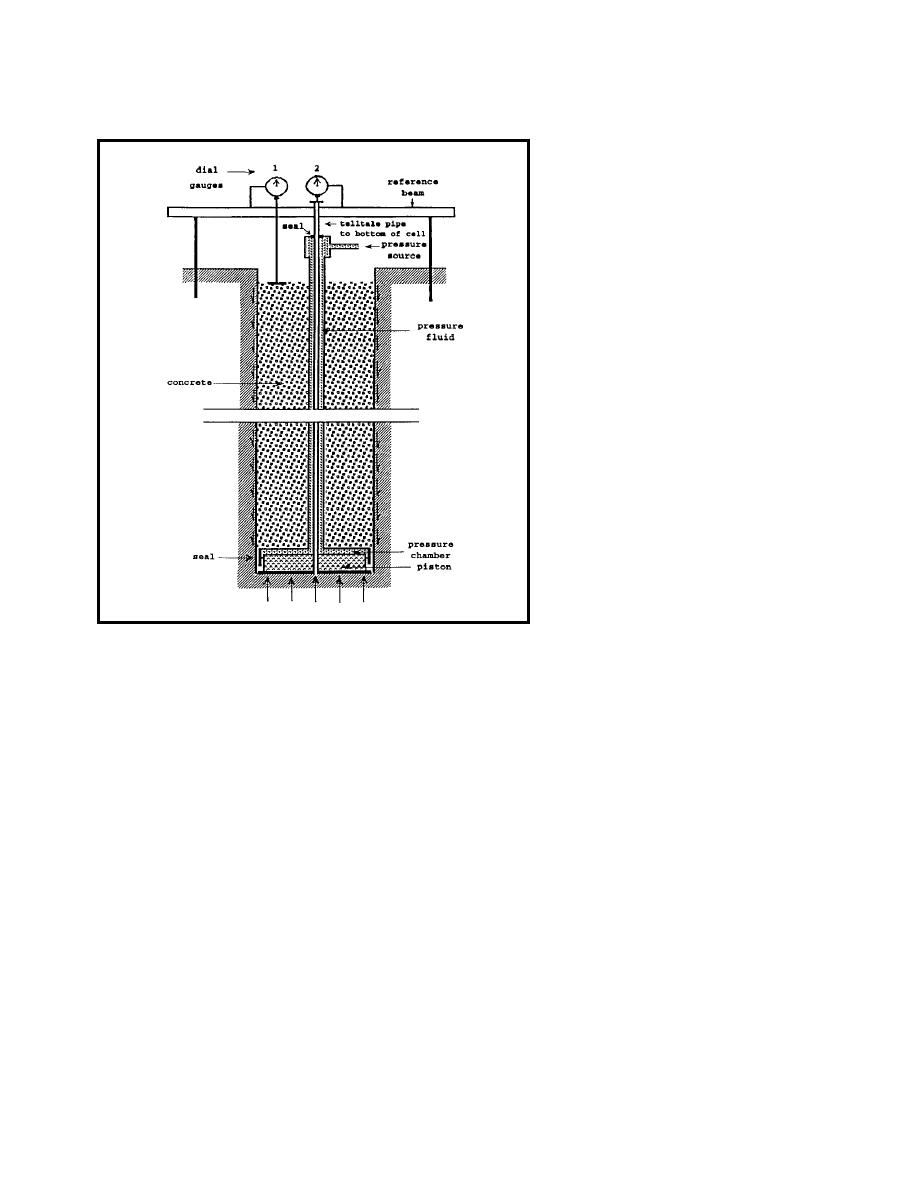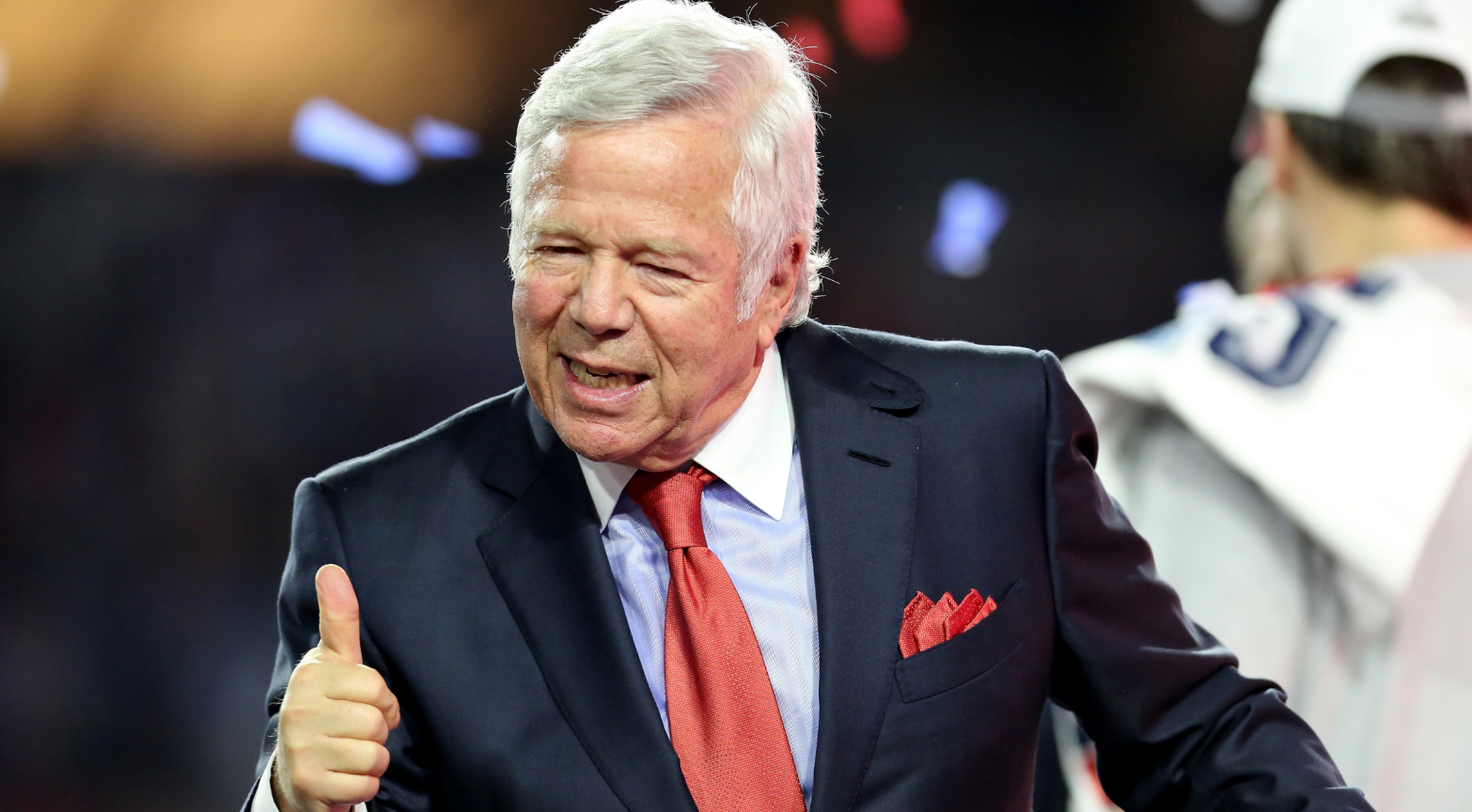The Vikings were seafaring Scandinavians engaged in exploring, raiding and trading in waters and lands outside of Scandinavia from the eighth to eleventh centuries. Viking or Vikings may also refer to: Contents. Arts, entertainment, and media Edit. Watch videoThe Vikings who pillaged Britain 1, 000 years ago may have had a surprising motive they were trying to raise cash to attract a wife back home. Both, as well as quite a bit of AngloSaxons and FrancoNormans essentially. Celtic Culture was prominent in Britain until the arrival of the Romans in the middle of the 1st Century and the island was inhabited by During t What impact did the Vikings have in North Britain? The period between the late eighth to the twelfth century is known as the Viking age. Vikings were a group of people from Scandinavian origin who travelled by sea to many distant countries for a number of. The Viking Age was a period in Northern European and Scandinavian history from the eighth to eleventh centuries. [1 [2 [3 Scandinavian Vikings, also called Norsemen, explored the oceans and rivers of Europe through trade and warfare. By this time Danish Viking raids were a grave menace, and Aethelwulf, who succeeded his father Egbert in 839, had the wisdom to see that Mercia and Wessex must combine against the Vikings. Friendly relations between them were established by marriage alliances and. Hard to say if the Norse invaders in the 9th century changed Britain. The Isles were a melting pot at the time and the preceding migration waves were also northern Germanic tribes. The clearest evidence of Norse influence can be seen in the English language. 1016 Clare Downham Vikings had a profound impact on the history of the Englishspeaking people. In the period from the first recorded raids in the late eighth century, until the conquest of England by Kntr in 1016, the political geography, culture, and identities of the. From 793AD, the Vikings invaded AngloSaxon Britain several times, plundering and raiding towns and villages along the British coastline. The AngloSaxons tried to hold them back but groups of Vikings eventually settled in different parts of the country, especially York (or Jorvik, as they named it) making it the second biggest city after. A short history of the Vikings in Britain In 793 came the first recorded Viking raid, where on the Ides of June the harrying of the heathen destroyed God's church on Lindisfarne, bringing ruin and slaughter' (AngloSaxon Chronicle) Discover the world of the Vikings in this major exhibition the first at the British Museum for over 30 years. The Viking Age ( ) was a period of major change across Europe. When the Vikings first came to Britain and sacked the priory of Lindisfarne in 793 CE, they murdered every monk they found and carried off everything of value; this would have been considered a serious crime if the slain had been Norse, but as it was, the monks were simply obstacles to the acquisition of wealth and, further, it was abundantly. KS2 History Vikings learning resources for adults, children, parents and teachers. The Vikings and AngloSaxons both lived in Britain for many years. Vikings: War of Clans Shamans have set foot in the lands of the North. They possess mystical knowledge and unique abilities: only they can banish Ghosts and obtain rune fragments. The Vikings were not all bloodthirsty raiders. Some came to fight, but others came to Britain to live peacefully. Their longships brought families who settled in villages. The Vikings in Britain marks the culmination of Professor Loyns distinguished work in this field, and provides a clear and authoritative discussion indispensable to all students interested in the medieval history of Britain and Europe. vikings (ad 793) The Romans had been troubled by serious barbarian raids since around AD 360. Picts (northern Celts) from Scotland, Scots from Ireland (until AD1400 the word Scot meant an Irishman) and Saxons from Germany, all came to plunder the accumulated wealth of Roman Britain. The Vikings savagely devastated Britain, and the AngloSaxon Chronicle laconically states, This year heathen men ravaged Sheppey. This was the real beginning of more than 200 years of Scandinavian action, and now especially the Danes went into action. The impact of the Vikings and their legacy, The Viking life, Early modern societies Vikings, History, Year 8, NSW Introduction The Vikings were Norse people from Scandinavia who lived during the Viking Age (eighth century to the twelfth century). Since they spent much of their time travelling to raid, trade and settle places throughout Europe, their legacy. Lets take a brief tour of Great Britain, before it was Great Britain, trailing the Vikings moves, leading us up to the reign of King Alfred the Great (where we pick up in The Last Kingdom): 1. The Vikings Arrive The Vikings would board their long ships and head across the waters to raid villages on the northern coast of Europe, including islands such as Great Britain and Scotland. They first showed up in England to raid villages in 787 CE. span Thanks to Xios, Alan Haskayne, Lachlan Lindenmayer, Victor Yau, William Crabb, Derpvic, Seth Reeves and all my other Patrons. Overview: The Vikings, 800 to 1066. The story of the Vikings in Britain is one of conquest, expulsion, extortion and reconquest. Their lasting legacy was the formation of the independent kingdoms. The Vikings who pillaged Britain 1, 000 years ago may have had a surprising motive they were trying to raise cash to attract a wife back home. According to a study, there was a shortage of. The story of the Vikings in Britain is one of conquest, expulsion, extortion and reconquest. Their lasting legacy was the formation of the independent kingdoms of England and Scotland. The Vikings first invaded Britain in AD 793 and last invaded in 1066 when William the Conqueror became King of England after the Battle of Hastings. The first place the Vikings raided in Britain was the monastery at Lindisfarne, a small holy island located off the northeast coast of England. Vikings, runes, gods, longhouse, longship, family life, up helly aa, family l Just a few power point presentations I made for my class while teaching the Vikings. They really enjoyed them and they give good opportunity to pause for discussion. The Vikings who colonised the Western Isles of Scotland found it suited them to adopt the ways and mores of the Gaels who were their neighbours. Britains best places to see: Viking museums and collections 1 by Alison Groom, Post. In 789 AD three longships set off from the Nordic coast, carrying with. We've noticed you're currently running ad blocking software. The contents of this site are available for free thanks to the contributions of our sponsors. Here are some of the most ruthless Vikings of all time. THEY came, they saw, they conquered. But while the Romans, Vikings and Normans ruled Britain for many years, none left their genetic calling cards behind in the DNA of todays mainland Caucasian. Introduction to the Vikings in Britain. The Viking Age in Britain began about 1, 200 years ago in the 9th Century AD and lasted for just over 200 years. TopicPod Vikings gives you information about the Vikings for schools and children such as When did the Vikings live. Without the Vikings, English would be missing some awesome words like berserk, ugly, muck, skull, knife, die, and cake! Without the Vikings, English would be missing some awesome words like berserk, ugly, muck, skull, knife, die, and cake. The Vikings were famous for sailing huge distances from their home in Scandinavia between AD 800 and 1066 to raid and plunder, but they also traded with people from other countries. The name Viking means a pirate raid in the Old Norse language. Over the next three centuries, they would leave their mark as pirates, raiders, traders and settlers on much of Britain and the European continent, as well as parts of modernday Russia, Iceland. The Vikings in Britain marks the culmination of ProfessorLoyn's distinguished work in this field, and provides a clear andauthoritative discussion indispensable to all students interestedin the medieval history of Britain and Europe. However it may be a fair assumption to make, that like in many other areas throughout Britain, the Vikings had quickly accepted Christianity and therefore a parallel may be able to be drawn in such places like Scotland also. Click the hotspots above to learn about the common myths of the Vikings appearance Viking is a catchall term for the people who came from Scandinavia, what is now Norway, Denmark and Sweden, between the eighth and 11th centuries, more properly known as the Norse, or Norsemen. The Vikings were a group of seafaring warriors who invaded and colonised many areas of Europe from the eighth to the 11th century. They travelled in longboats to regions where they could trade and raid, settling in places including Britain, Iceland and North America. Williams opens this wonderful, absorbing book with a big statement about how the Vikings are not afforded the same respect as, say, the Romans, having become almost a cartoonish stereotype, equated just about with pirates, cavemen and dinosaurs. A fine book that gives a solid background to the Norse assaults on Britain. Unlike most books of the type, The Vikings in Britain does not concentrate on England with only side references to the other nations that make up and made up the British Isles, but gives a condensed history of all. After the Battle of Clontarf (1014) many of the HibernoNorse Vikings migrated to England and settled in the northwest, from the Wirral to the Lake District. In northern England, as a crude generalisation, the Pennine watershed represents the interface of the 'Norwegian' and 'Danish' Viking regions. 793: Vikings attack the island monastery of Iona, Scotland Iona was attacked in 795 AD, in 802 AD and again in 806 AD. 829: Wessex becomes the Supreme Kingdom Egbert, King of the West Saxons, conquers Mercia and forces the Northumbrians to submit as well. From then on, Wessex retained its dominance in England. Landing at Broadstairs the Vikings who were celebrating the fifteen hundredth anniversary of their invasion of this country, were welcomed by a great crowd o Vikings 'brought sarcastic sense of humour to Britain' Sarcasm, understatement and irony can be traced back to the Viking era claims Claus Grube, the. The Vikings invading eastern Britain and northwest France, and eventually settling in both regions, come mainly from Denmark. The Swedes raid across the Baltic and penetrate deep into Russia as traders. Find helpful customer reviews and review ratings for The Vikings in Britain at Amazon. Read honest and unbiased product reviews from our users..











